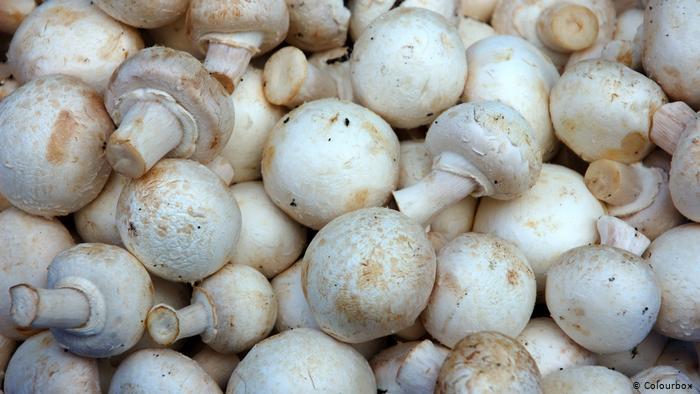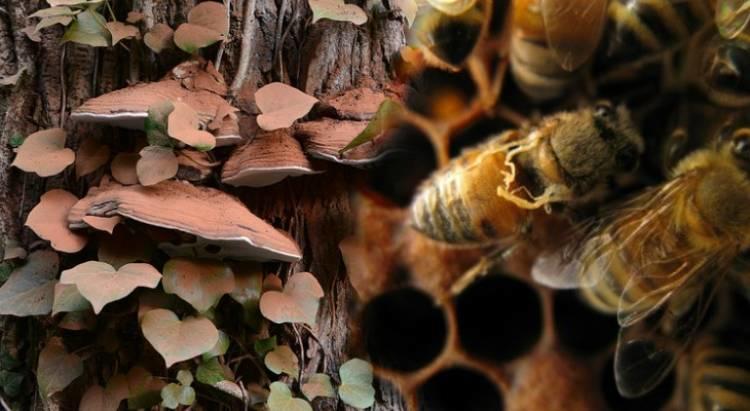Let's talk bees. If you're like the average person, you have a complicated relationship with bees. On the one hand, they help pollinate, which is great for everyone. On the other hand, they sting. A bee sting may not be deadly for most people, but it certainly isn't a good feeling.
Even though bees may seem like a nuisance due to their poor temperament and ability to sting, we all know that we need them in our lives. That's why it has been so disturbing to hear reports of bee populations dying off in mass quantities. What will we do without these bees?
There are many concrete reasons, as well as theories, behind the death of bees, however, one man has taken it upon himself to find a new solution to saving the bees. Believe it or not, the key to bees survival could be found easily in nature. The key is in mushrooms.

Companies like Monsanto are often blamed for bee deaths due to their pesticides, but there are other reasons why bee populations are dying off. In 2017, TIME reported that over 700 species of American bees were declining in numbers. It's not just the bees either. Butterflies are also affected. Bees are looking at a 37 percent species loss, and as far as extinction goes, nine percent of butterfly and bee populations could disappear of the face of the Earth.

According to Dennis vanEngeldorp, an entomology professor at University of Maryland, it is the Varroa mites that are causing the death of bee colonies. These mites spread viruses to bee colonies, wiping them out quickly. That is a surprisingly natural reason for the bees to die off, but nonetheless worrying. Luckily nature would have the cure.
It was a man named Paul Stamets who had first caught wind to the antiviral properties that can be found in mushroom - for insects specifically. Paul Stamets is a mushroom retailer, so he's spent plenty of time around mushroom. He told Tuscaloosa News about one fateful morning that sparked his discovery when he saw how bees interacted with his mushrooms: "I could see them sipping on the droplets oozing from the mycelium." Previously Stamets had thought the bees were looking for sugar, but he had a theory it might be something else.

It was an entomology professor as Washington State University, Steve Sheppard, who saw value in Stamet's work. He eventually pursued Stamets' theory. He tested bees who had been exposed to the mites, giving half of the test subjects a mushroom additive. The mushroom additive worked, curing the bees of any of their mite-borne viruses.
Stamets believes that bees are the canary in the coal mine for civilization. If the bees fall, we will soon follow. "What rivet will we lose that we'll have catastrophic failure? I think the rivet will be losing the bees. More than one-third of our food supply is dependent on bees." Bees have been suffering loses since the breakout of mites in 1980. Many other scientists fear that the end of bees could also lead to the end of human beings.

The plan is for a 3D-printed mushroom mycelia extract feeder to be on shelves by 2019. The extract would be sold via subscription. Of course, this relies on people stepping up to save the bees, so time will tell how that works out. Would you be willing to save the bees by buying a product that heals them? That might depend on if you've ever been stung or not.